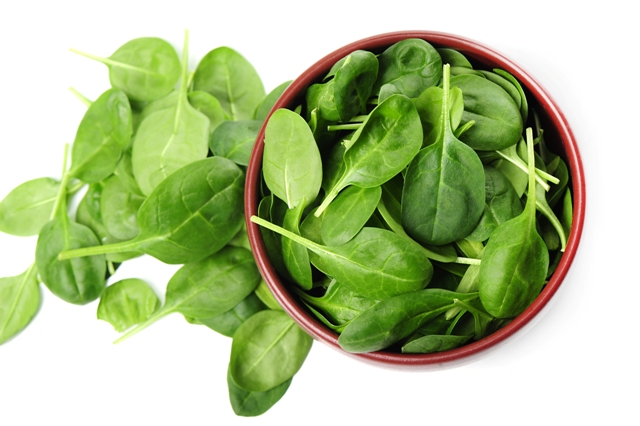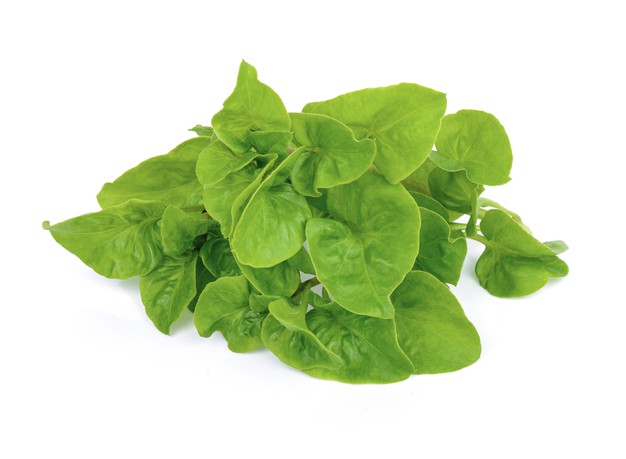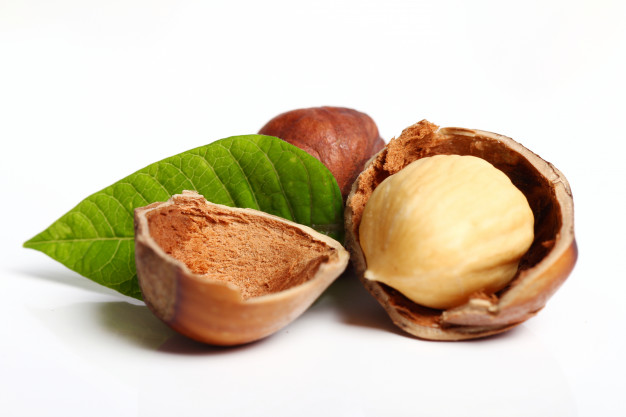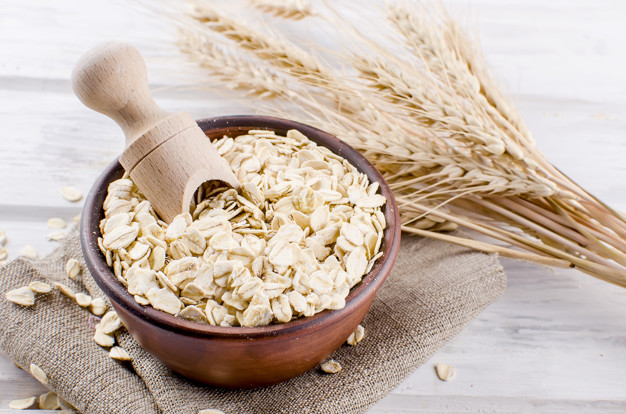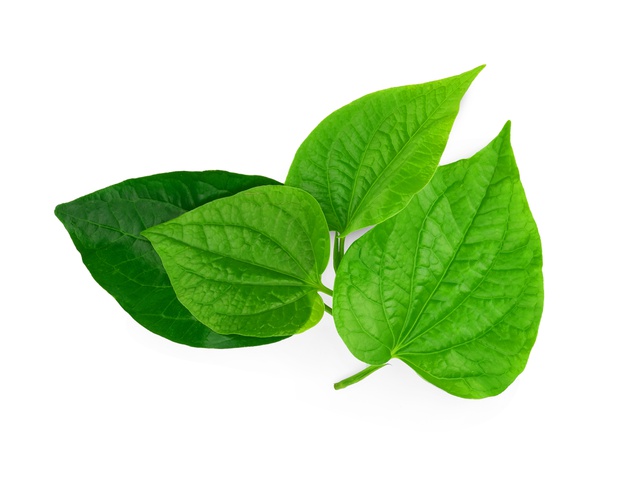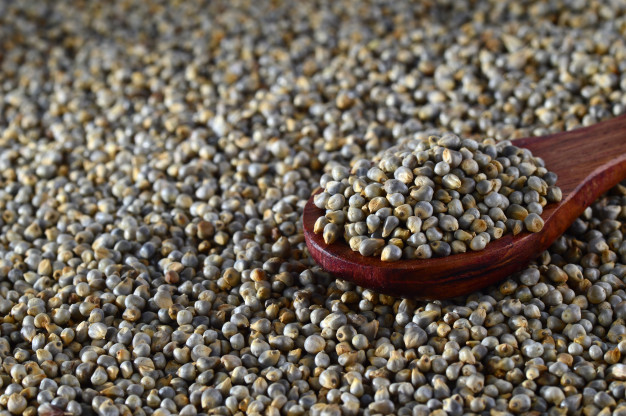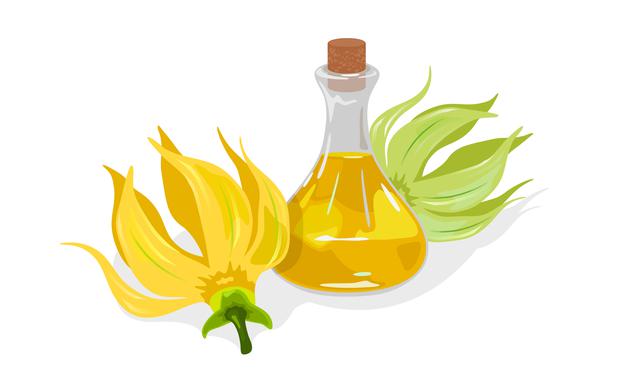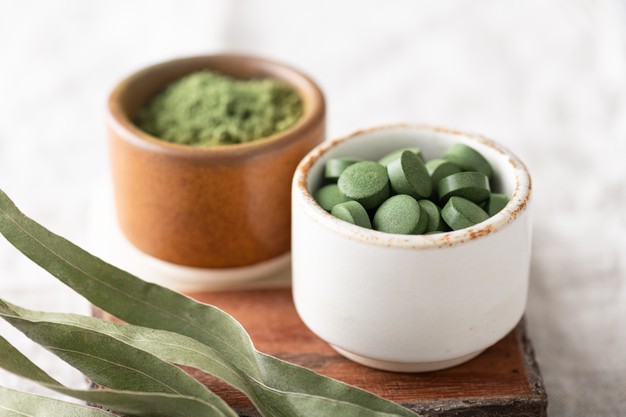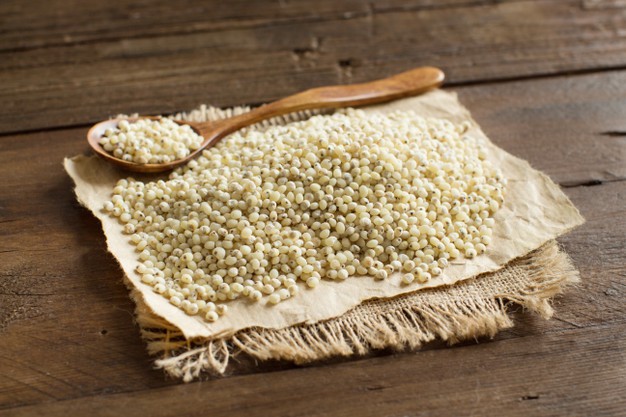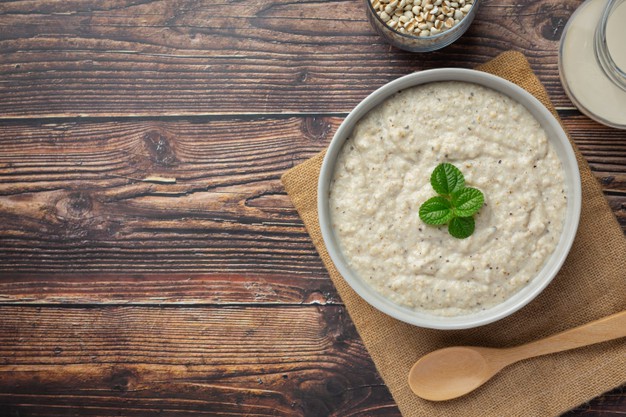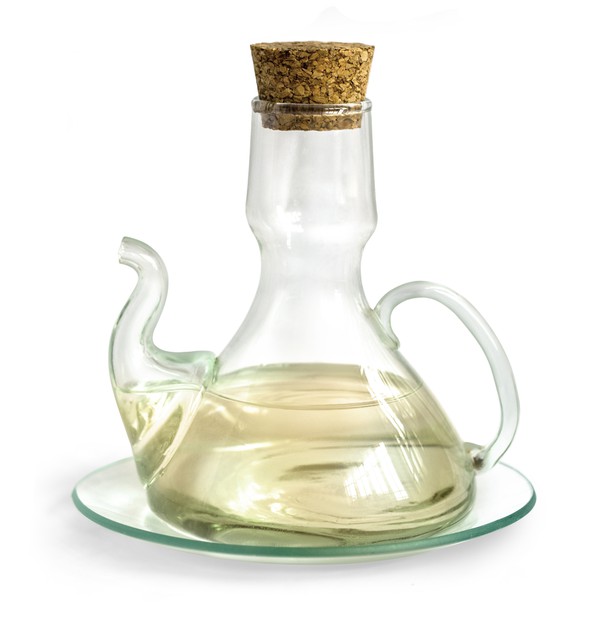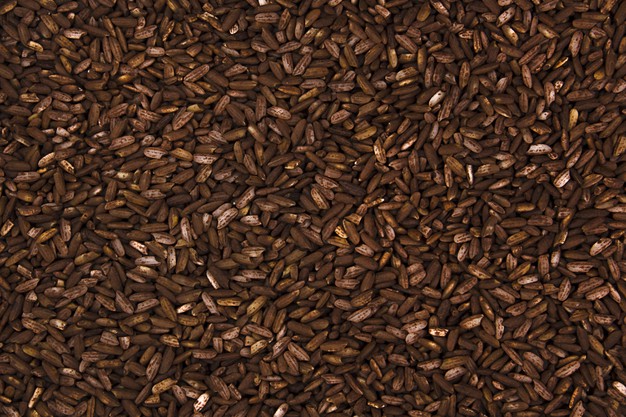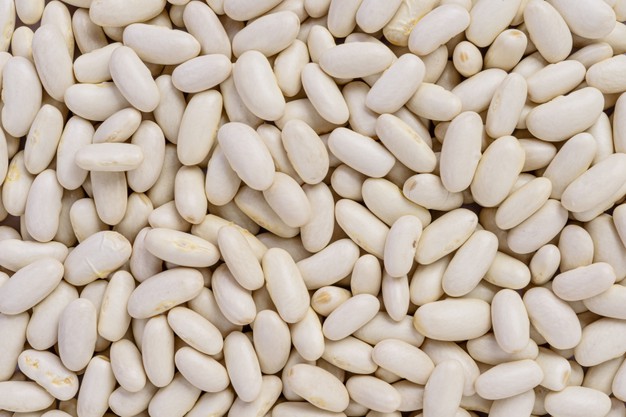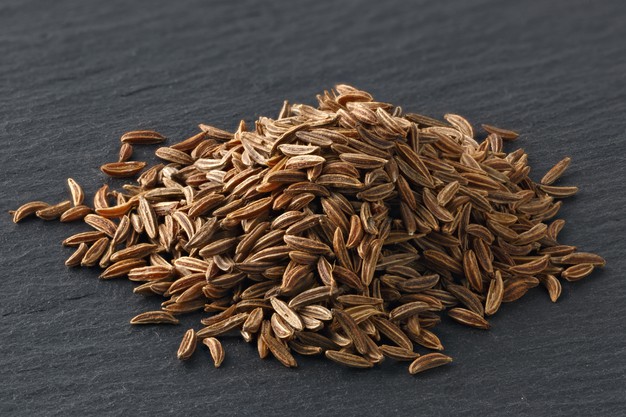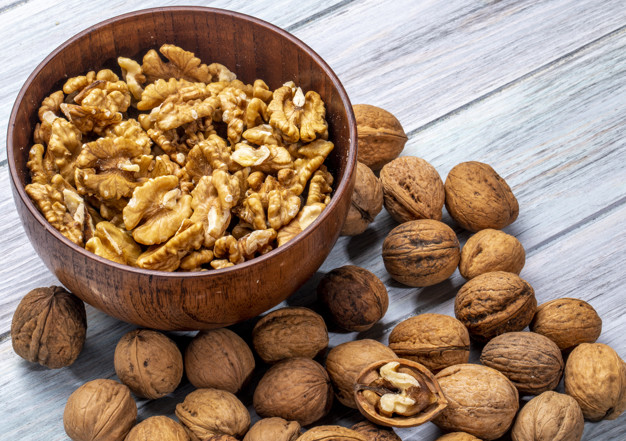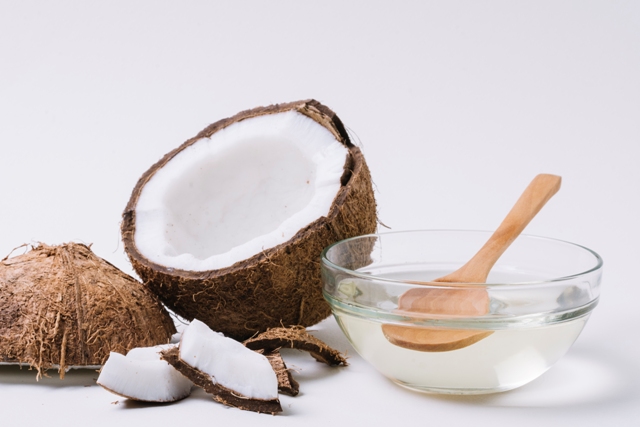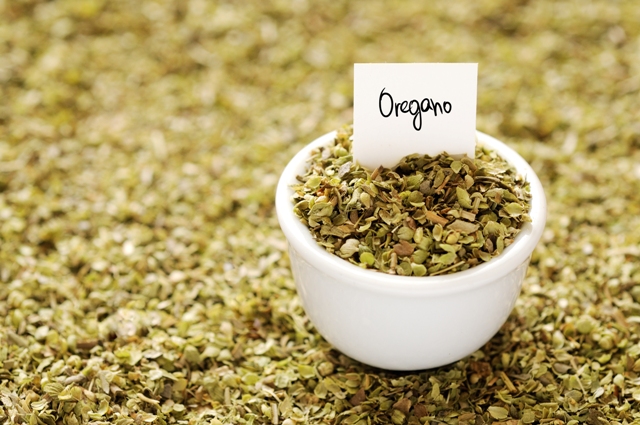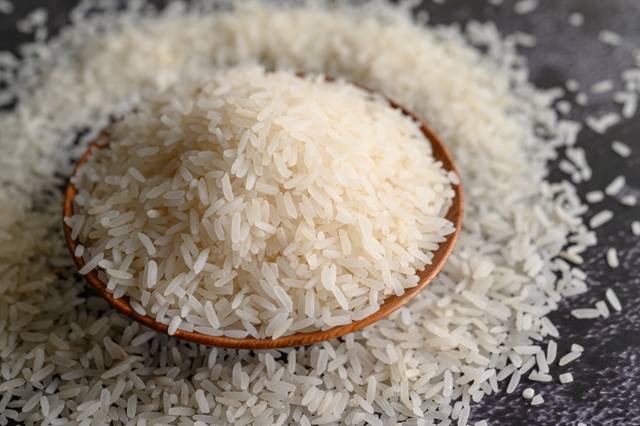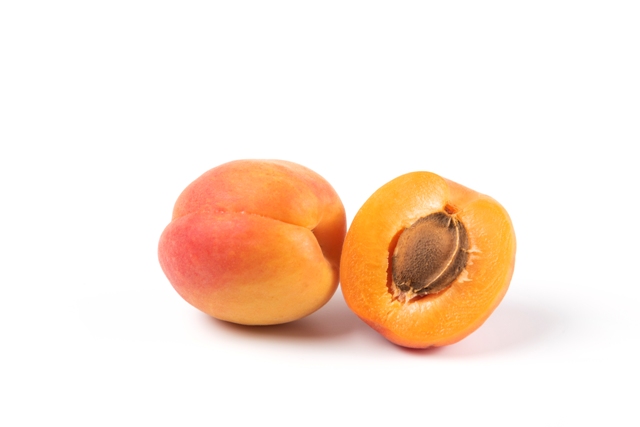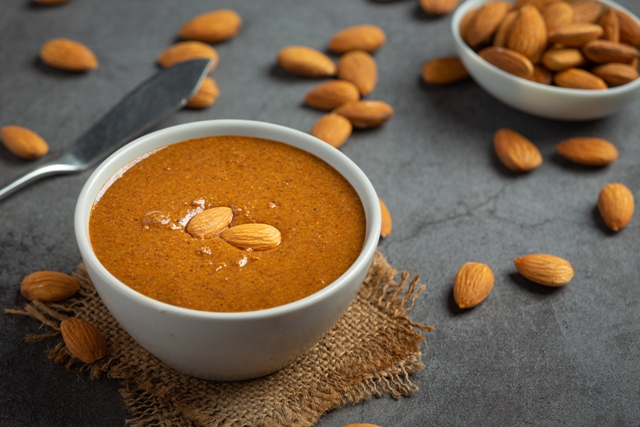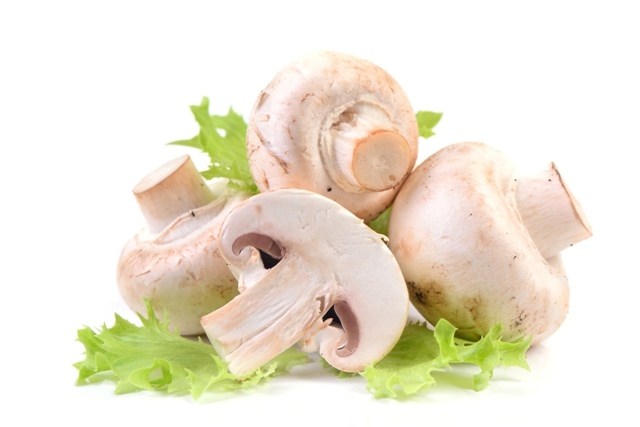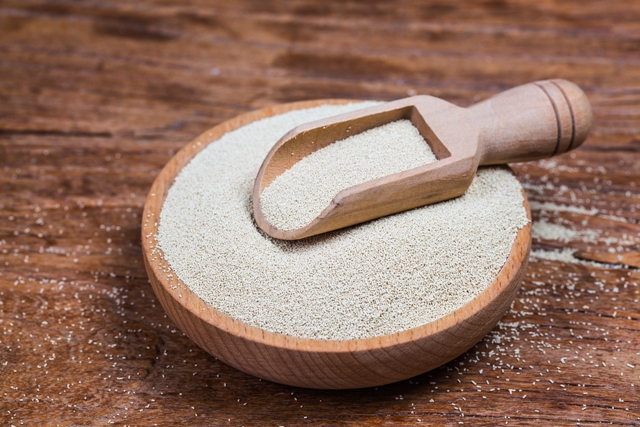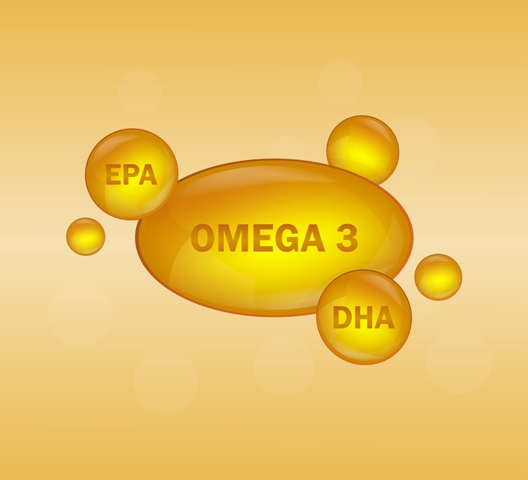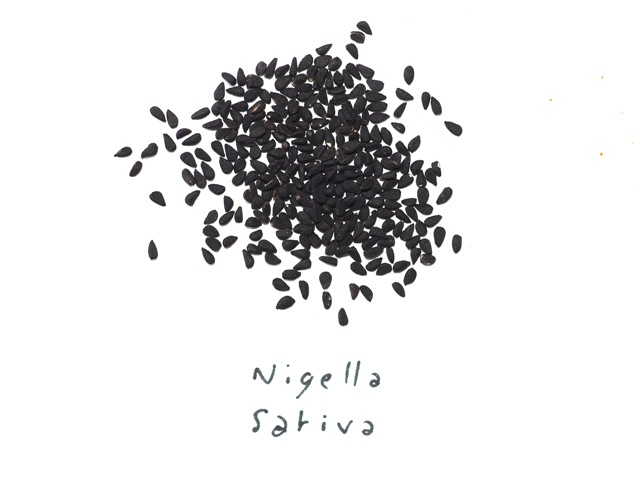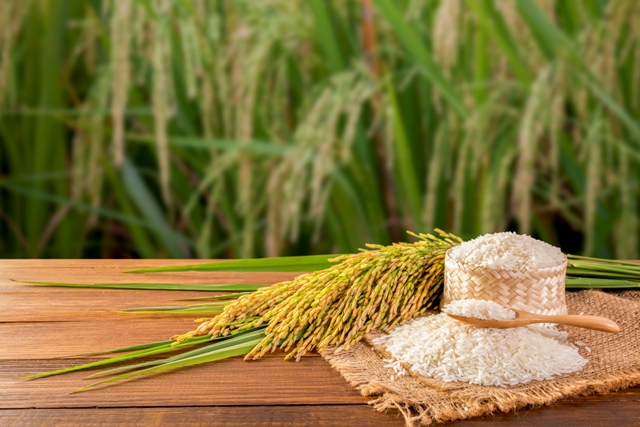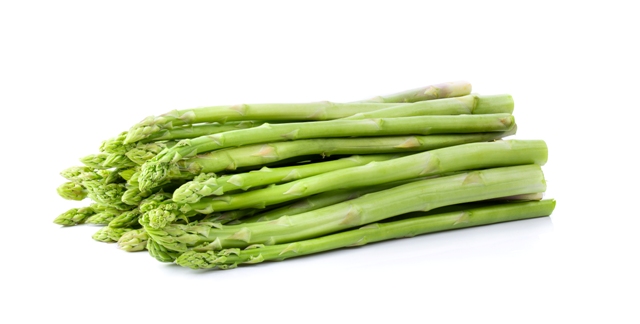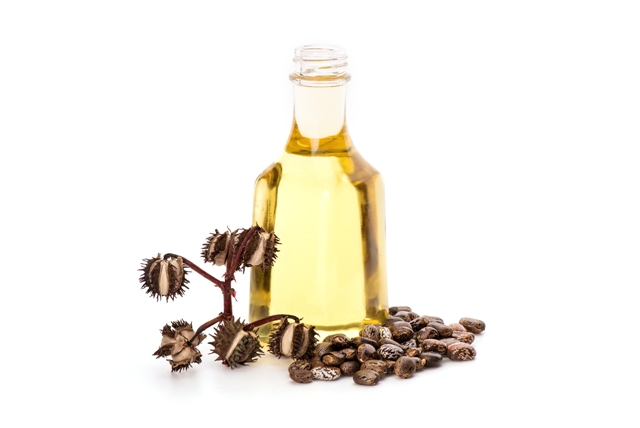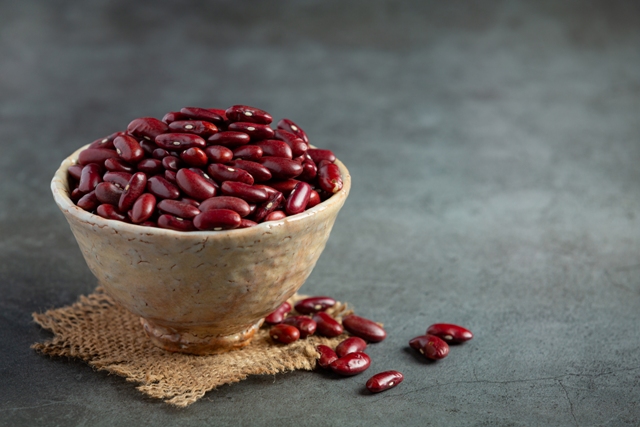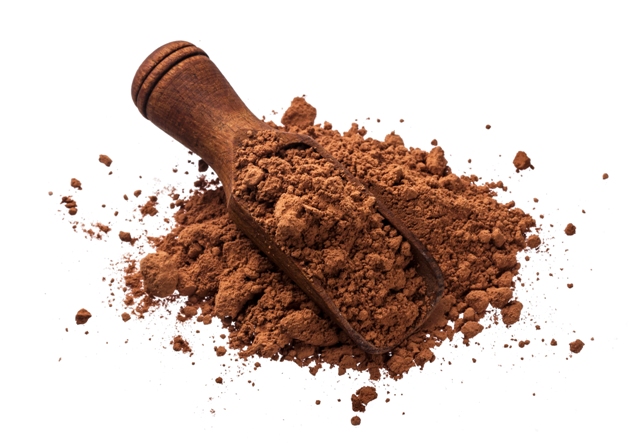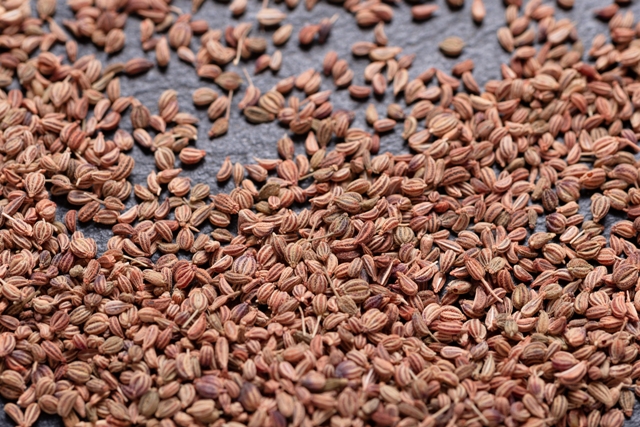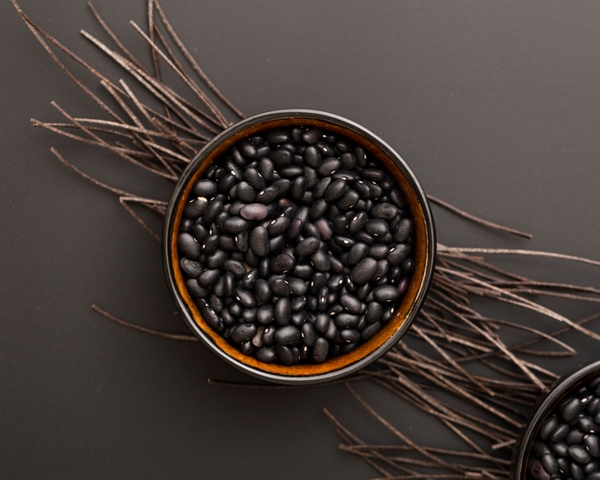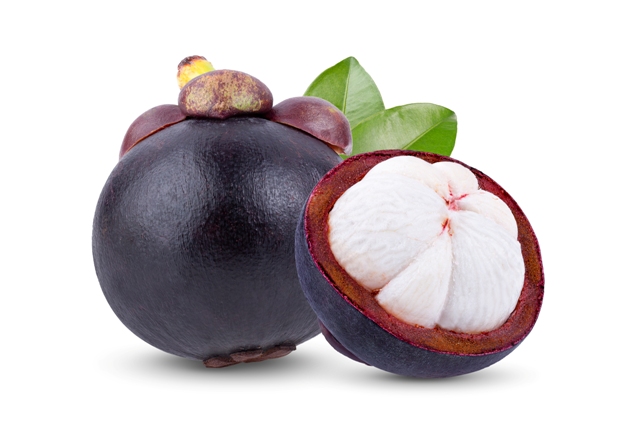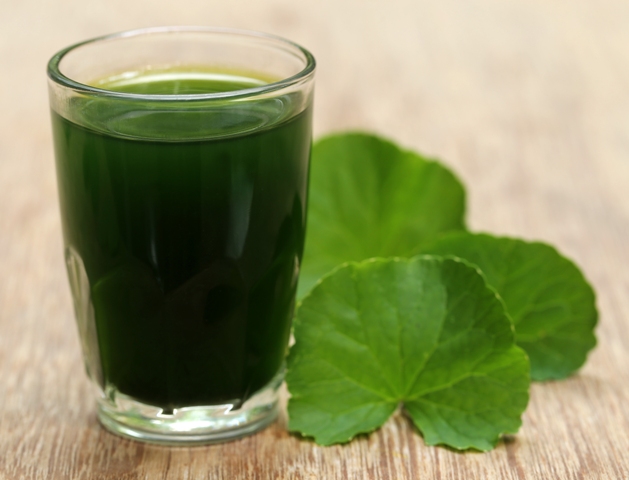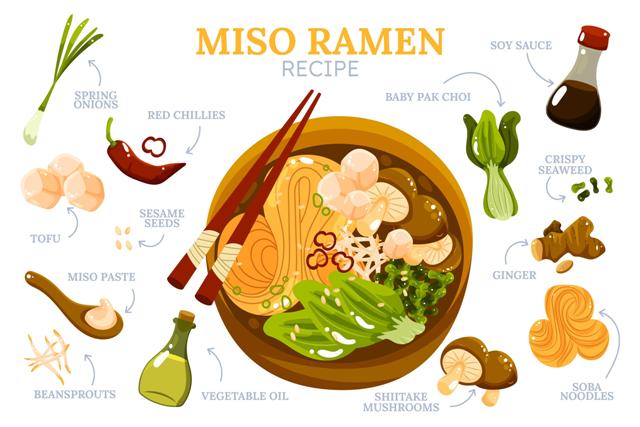Spinach, its nutritional profile, its antioxidant activity, anti-inflammatory activity, anti-carcinogenic activity, hypotensive activity, hypoglycemic activity, cardio-prodective activity, role on preventing anemia other health benefits, therapeutic uses and risk factors
Description : Spinach is a green leafy vegetable belongs to amaranth family. It is extremely nutritious and
Article Details :
Spinach is a green leafy vegetable belongs to amaranth family. It is extremely nutritious and offers numerous health benefits.
Nutritional profile
- It contains lesser amount of carbohydrates but most of the carbohydrates are consisting of fibre (especially insoluble fibre). It contains very small amount of sugar as well mainly in the form of fructose and glucose
- It contains lesser amount of protein too
- It contains negligible amount fat
- It does not provide enough calories on its oxidation thus it is considered as a low calorie food
- It is also considered as a perishable food as it contains about 90% of moisture
- It contains several vitamins like Vitamin A, Vitamin C, Vitamin E, Vitamin K, Vitamin B1, B2, B3, B6 and B9
- It is also packed with various trace elements, which include calcium, phosphorus, potassium, magnesium and iron
Important plant compounds of spinach
Spinach is also composed of various important plant compounds, like –
Kaempferol: it acts as antioxidant and helps to protect the body from oxidative stress
Lutein: it helps to improve eye health

Zeaxanthin: it also helps in improving eye health and vision
Quercetin: it also acts as antioxidant and helps to decreases the prevalence of inflammation as well as infections
Nitrate: it helps to prevents hypertension and also plays vital role in promoting overall cardiac health
Biological activity
Antioxidant activity
- We all know that free radicals are byproduct of metabolism, which cause oxidative stress and oxidative stress is responsible for increasing the susceptibility of various chronic diseases
- Consumption of spinach is thought to be an important remedial action for oxidative stress as it helps to prevent all the damages caused by it
- Its antioxidant activity is also responsible for decreasing the concentration of free radicals within body
Anti-inflammatory activity
- Violaxanthin and neoxanthin are the two most important plant compounds present in spinach exert potent anti-inflammatory activity
- It helps to delay the onset of inflammatory events within body by decreasing the concentration of inflammatory mediators as a result helps to reduce the risk of developing chronic inflammatory diseases
Anti-carcinogenic activity
- It helps in reducing the prevalence of cancers by exhibiting anti-carcinogenic activity
- Its carotenoids and zeaxanthin components are also responsible for flushing out free radicals from body and these free radicals make the body prone to various diseases including cancers
- It plays significant role in hindering the growth of malignant cells and tumor cells
- It is extremely effective for reducing the prevalence of mouth cancer, stomach cancer and esophageal cancer
Hypotensive activity
- Its hypotensive activity makes it a supper food for hypertension. Potassium and nitrate components of spinach are considered as main constituents responsible for exhibiting hypotensive activity
- It acts as vasodilator that helps in widen the blood vessels, which subsequently decreases high blood pressure
- It also helps to calm the body as well as the mind, which is responsible for reducing the susceptibility of hypertension and its calming effect helps in preventing stress and anxiety too
- Its Vitamin C content is also accountable for reducing hypertension
Health benefits
Role on immunity
- Consumption of spinach is very effective for improving the overall immunity of the body as it contains various immune boosting nutrients
- Its Vitamin C content helps in promoting the synthesis of WBC that helps to make the body able to fight against infections
- Its Vitamin A content is also associated with strengthening the mucus membranes of the body that ultimately helps to protect the body from invaders
Role on skeletal system
- It plays vital role in maintaining a good skeletal system. It contains significant amount of calcium, phosphorus, Vitamin K and all of these nutrients are extremely important for obtaining a healthy skeletal system
- Its calcium and phosphorus component help in healthy bone formation
- It helps in bone mineralization too, as a result helps to improve bone mass, bone mineral density and bone strength
- Its Vitamin K component is involved in bone metabolism and also helps in maintaining healthy skeletal system
- It plays imperative role in reducing the risk of developing osteoporosis
- It helps in strengthening the teeth as well
Role on eye health
- Lutein and Read more

